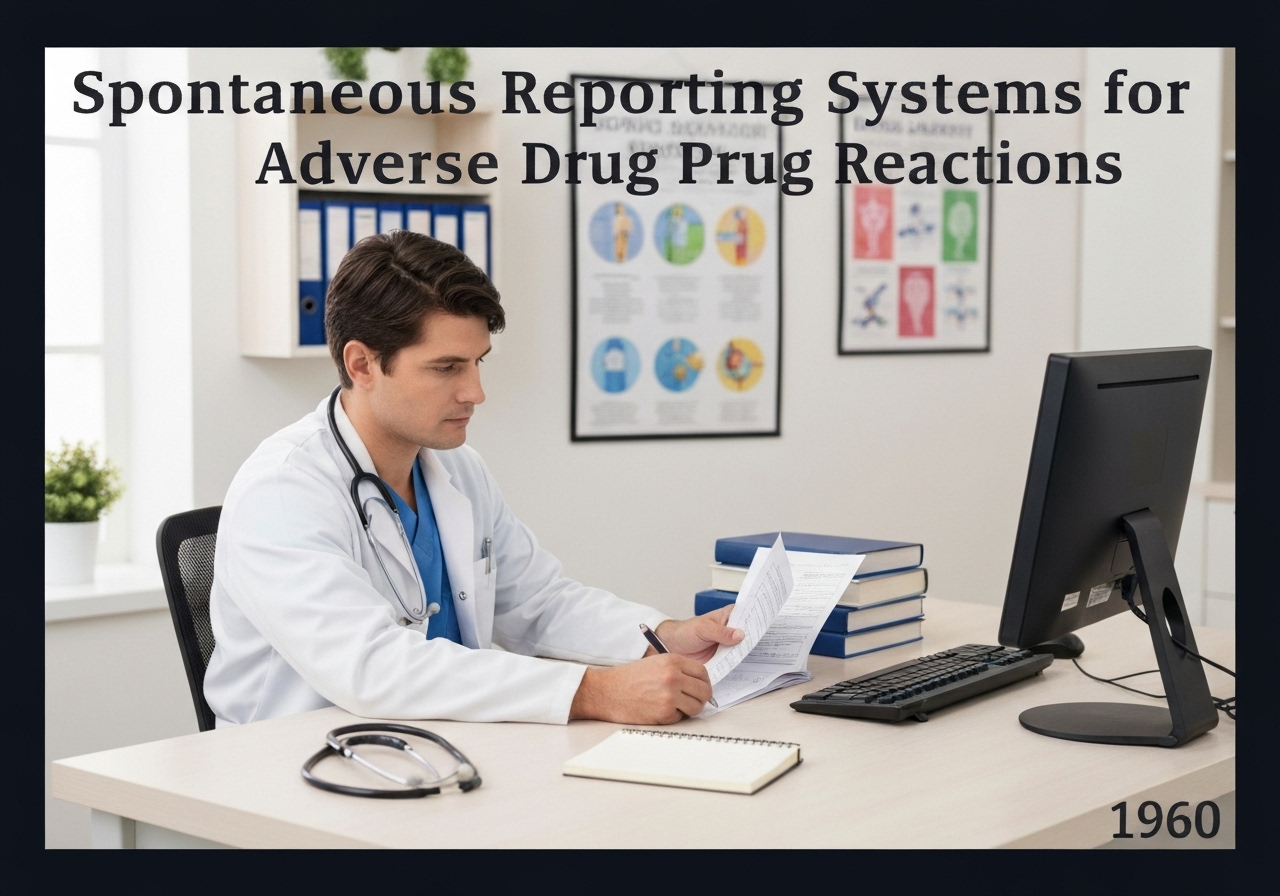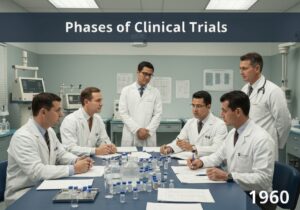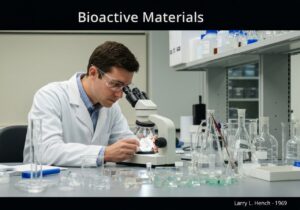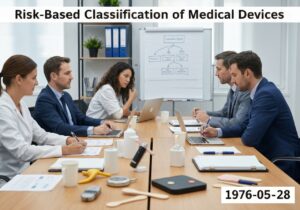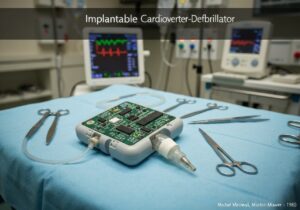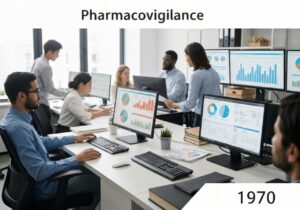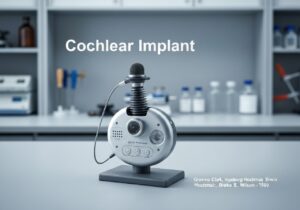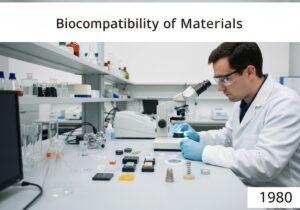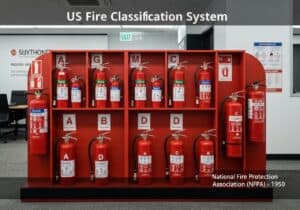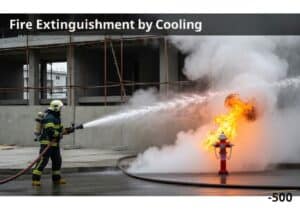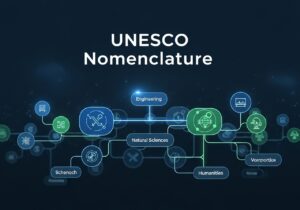Les systèmes de déclaration spontanée (SDS) constituent un élément essentiel de la surveillance de la sécurité des médicaments après leur mise sur le marché. Professionnels de santé et patients soumettent volontairement des rapports d'effets indésirables suspectés (EIM) à une base de données centralisée. Bien que sujets à une sous-déclaration et à des biais, ces systèmes sont essentiels pour détecter les EIM rares, inattendus ou à longue latence, qui pourraient ne pas être identifiés lors des essais cliniques préalables à la mise sur le marché.

